In a bold stride towards restoring integrity in the West African education system, the West African Examinations Council (WAEC) has unveiled a revolutionary initiative — the introduction of customised question papers for individual candidates.
This historic policy was revealed during a strategic briefing with secondary school principals across the region. According to WAEC, the new system is designed to disrupt examination malpractice by ensuring no two candidates receive the same set of questions in select key subjects.
The rollout will affect English Language (Papers 1 & 3), Biology 1, Mathematics 1, and Economics 1, where each candidate will be issued a uniquely generated question paper directly tied to their personalised OMR sheet.
WAEC officials explained that this innovation demands high-level compliance from exam supervisors. In instances where a candidate’s personalised paper is not available, supervisors are instructed to promptly issue an emergency version of the paper, accompanied by a plain OMR sheet.
This strategy targets the roots of malpractice — including collusion, impersonation, and question leaks — that have undermined the credibility of WAEC examinations over the years.
“This move is a game-changer,” a senior WAEC official stated. “We are sending a clear message: organised cheating rings and the era of leaked exam questions are coming to an end.”
Education stakeholders are now calling on parents, guardians, and teachers to intensify support for students. A Lagos-based teacher advised, “Let’s begin to prepare our children for this new era. The days of relying on shortcuts and illegal assistance during examinations are fading. Students must return to the basics of hard work and consistent study.”
Parents are also encouraged to provide conducive learning environments at home or seek alternative study spaces for their wards, especially during this holiday period. Ensuring access to updated textbooks, study guides, and emotional support is now more crucial than ever.
As the region prepares for this landmark shift, WAEC’s move signals a renewed commitment to excellence, academic fairness, and credibility in public assessments across West Africa.






















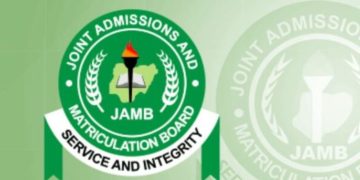
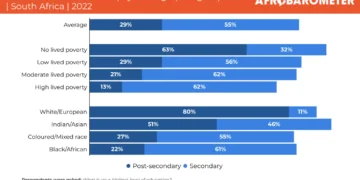

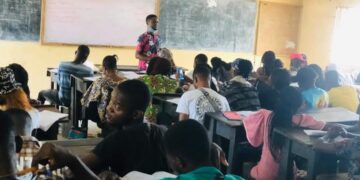


































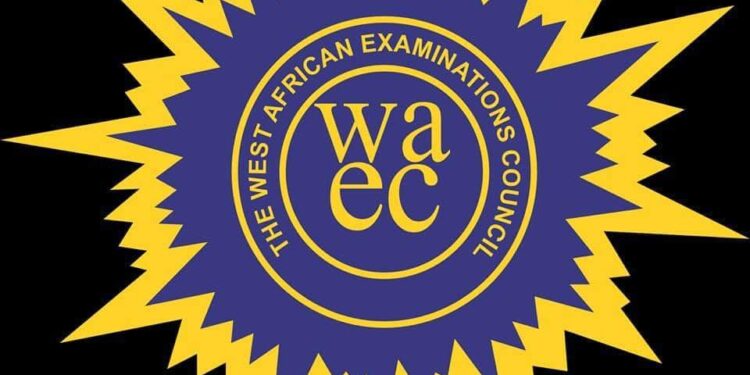


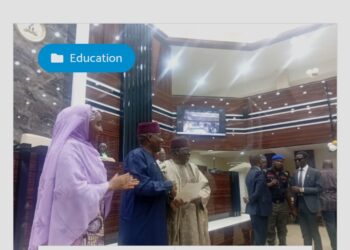





 EduTimes Africa, a product of Education Times Africa, is a magazine publication that aims to lend its support to close the yawning gap in Africa's educational development.
EduTimes Africa, a product of Education Times Africa, is a magazine publication that aims to lend its support to close the yawning gap in Africa's educational development.


Thanks for feedback
Thank you
A good move by the government, this is very important to curb exam malpractice and to encourage students to take there studies very serious go
So important. Thank you so much for reaching out. God bless you
Good development, all these funny special schools have almost turn our children to dundee. There will be high level of casuality in this year results
Thank you so much for reaching out. God bless you
This is a very good development and worthy of praise to WAEC.
Some of our Centres will now begin to receive it’s deserved patronage. Because we have always advocated that students write what they are thought.
More of such innovtions WAEC Management,more strength to your elbows.
God bless
Thank you so much for reaching out. Sorry about this late reply
Examination malpractice can not be completely curbed no matter what, it can only be reduced
You are absolutely correct. Effort just has to be made to curb it as much as humanly possible
RE: *WAEC Strategies in Combating Examination Malpractice*
While WAEC’s efforts to combat examination malpractice are commendable, the initiative may ultimately be undermined—primarily by supervisors who often collude with school principals. Has WAEC considered the possibility of students using mobile phones to access answers during exams?
The truth remains that supervisors are the major enablers of malpractice. Therefore, if WAEC truly wants to make a difference, they must first appoint supervisors of unquestionable integrity—individuals who will neither accept bribes nor conspire with school authorities to aid cheating.
Thank you.
You have made very valid and important points. Thank you for reaching out. Sorry about this late reply